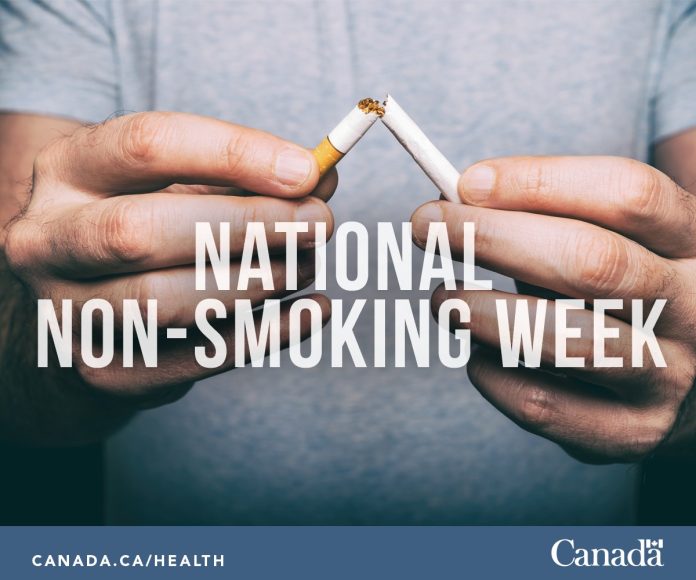Acceptance of harm reduction, education and open dialogue are the keys to succeed
At the start of National Non-Smoking Week, Imperial Tobacco Canada (ITCAN) urges governments and public health organizations to embrace the concept of harm reduction in order to achieve the objective of reducing smoking rates below 5 percent by 2035.
“Harm reduction has already proven to be effective in other industries and we strongly believe it to be the most effective way to reduce smoking in Canada,” said Frank Silva, President and CEO of ITCAN. “Governments and public health groups can do their part by actively supporting harm reduction and educating Canadians on the solutions that are available for them.”
ITCAN believes that by working together – industry, public health, and tobacco control organizations – we can break through the plateau Canada has seen in smoking rates. It will require all interested groups to engage in an open dialogue for the good of public health, while preventing misinformation in relation to the relative health risks of less harmful alternatives, and addressing illicit products that could harm consumers.
“While Canada has some of the most restrictive regulations in the world, the latest data from Statistics Canada suggests that while progress has been made, we still have a way to go,” said Mr. Silva. “We all know the health risks associated with smoking and agree that quitting is the best solution. Ensuring adult smokers have access to accurate information and new less harmful alternatives to smoking is key to further reduce smoking incidence in Canada,” he added.
In 2023, ITCAN introduced its first smoking cessation product, a nicotine pouch authorized for sale by Health Canada which contains absolutely no tobacco. This was a major milestone for the industry and ITCAN, as it became the first tobacco company to offer a product focussed on quitting smoking entirely.
“As the President and CEO of ITCAN, I am aware of the public discourse associated with the tobacco industry and I understand it will take time for Canadians to see that we are undergoing a massive transformation,” said Mr. Silva. “But, if reducing smoking incidence is really a priority, it is time for everybody to work together for the benefit of public health” he concluded.








